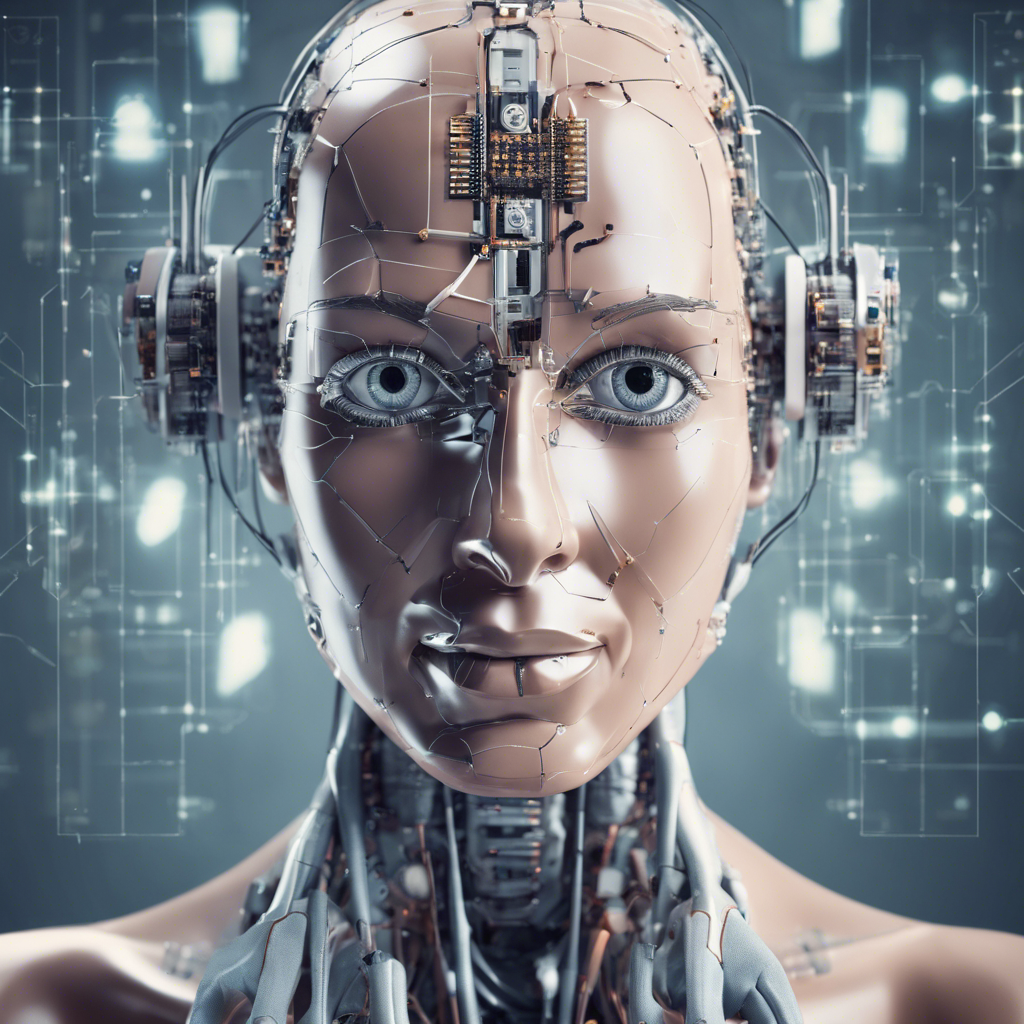The Future of Artificial Intelligence: Balancing Innovation and Ethical Concerns

How the Rapid Advancements in AI are Shaping Our World
In recent years, the field of Artificial Intelligence (AI) has witnessed unprecedented growth and innovation, transforming various aspects of our lives. From autonomous vehicles to virtual assistants, AI has become an integral part of our daily routines. As we navigate this rapidly evolving landscape, it is crucial to examine both the incredible potential and the ethical concerns that arise with the rise of AI. In this article, we will explore the current state of AI, its impact on society, and the critical need for a balanced approach that ensures innovation while addressing ethical considerations.
The Current State of AI Research and Development
The field of AI has made remarkable strides in recent years, thanks to advancements in machine learning and deep learning algorithms. Researchers and engineers are pushing the boundaries of what AI can achieve, with breakthroughs in natural language processing, computer vision, and robotics. Companies like Google, Facebook, and Amazon are investing heavily in AI research and development, fueling a competitive race to create the most sophisticated AI systems.
AI’s Impact on Society
The integration of AI into various industries has had a profound impact on society. In healthcare, AI-powered systems can analyze vast amounts of medical data to assist in diagnosis and treatment planning, potentially revolutionizing patient care. In transportation, self-driving cars promise to enhance road safety and reduce congestion. AI is also transforming the way we communicate, with virtual assistants like Siri and Alexa becoming ubiquitous in our homes.
However, the widespread adoption of AI also raises concerns about job displacement and privacy. As AI systems automate tasks previously performed by humans, there is a legitimate fear that certain job sectors may experience significant disruptions. Additionally, the collection and analysis of personal data by AI systems raise concerns about privacy and data security. Striking a balance between the benefits of AI and the potential risks it poses to society is crucial.
Ethical Considerations in AI Development
As AI becomes more sophisticated, questions of ethics and accountability come to the forefront. The decisions made by AI systems can have profound consequences, and ensuring that these systems are fair, transparent, and unbiased is of utmost importance. The issue of algorithmic bias, where AI systems reflect the biases present in the data they are trained on, has gained significant attention. It is crucial to address these biases and develop ethical guidelines that govern AI development and deployment.
Furthermore, the potential misuse of AI technology raises concerns about its ethical implications. Deepfakes, for example, have the potential to manipulate public discourse and undermine trust in media. The development of lethal autonomous weapons, also known as “killer robots,” poses ethical questions surrounding the use of AI in warfare. It is essential to establish clear ethical boundaries and regulations to prevent the misuse of AI technology.
The Role of Regulation and Governance
To ensure the responsible development and deployment of AI, regulatory frameworks and governance structures are necessary. Governments and international organizations are beginning to recognize the need for guidelines and standards in AI development. The European Union’s General Data Protection Regulation (GDPR) is one such example, aiming to protect individuals’ privacy rights in the age of AI. Collaboration between policymakers, industry leaders, and researchers is crucial to strike the right balance between innovation and ethical considerations.
The Future of AI: Opportunities and Challenges
Looking ahead, the future of AI holds immense potential for innovation and progress. AI systems have the capacity to revolutionize healthcare, transportation, education, and many other sectors. However, as AI becomes more pervasive, it is essential to address the challenges it presents. The responsible development and deployment of AI, guided by ethical considerations, will be crucial in shaping a future where AI benefits society as a whole.
Conclusion:
The rapid advancements in AI technology offer unprecedented opportunities for innovation and progress. However, the ethical concerns surrounding AI cannot be ignored. Striking a balance between innovation and ethical considerations is crucial to ensure that AI benefits society while safeguarding against potential risks. As the field continues to evolve, it is imperative that policymakers, industry leaders, and researchers collaborate to establish robust regulatory frameworks and ethical guidelines. Only by doing so can we harness the full potential of AI while ensuring a future that is both technologically advanced and ethically responsible.

